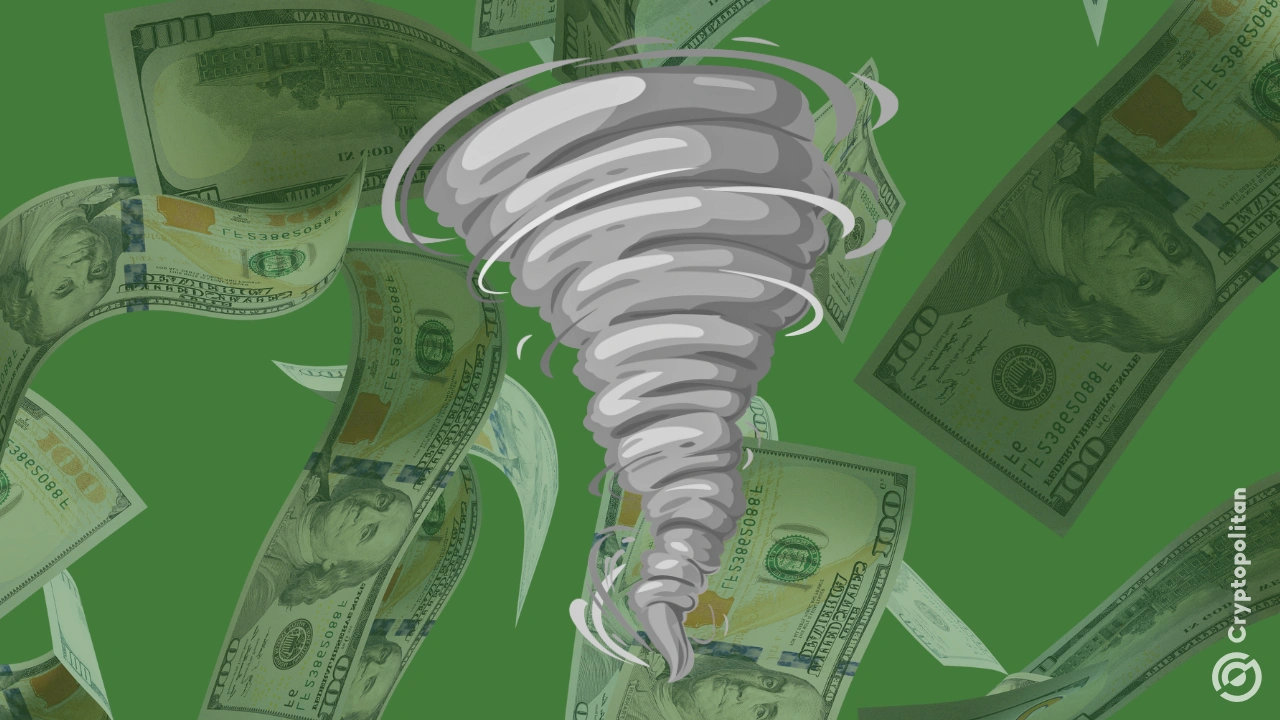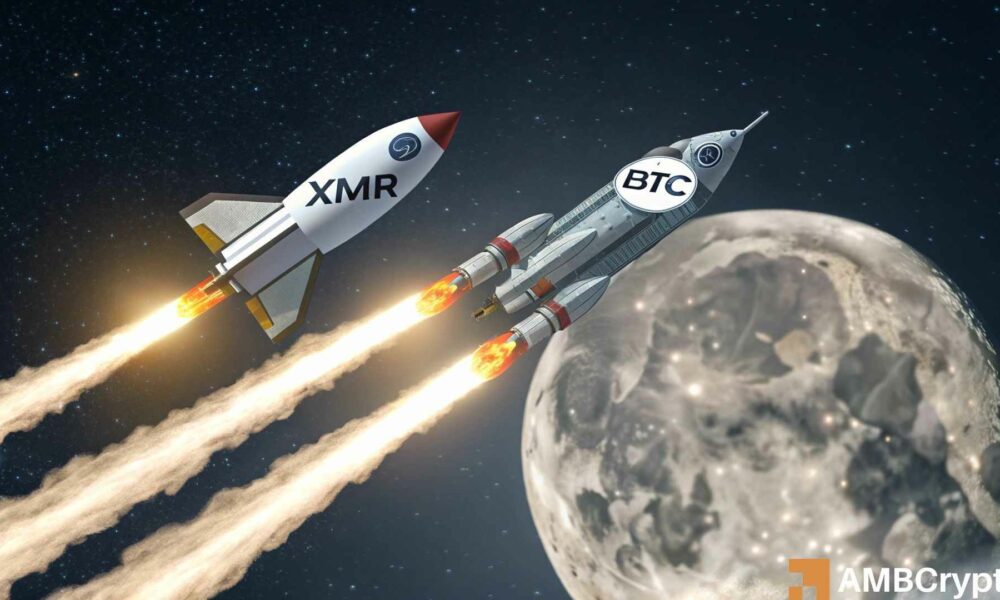As the second term is about to expire 100 days (usually tonal significance), U.S. President Trump is increasing pressure on Russia and Ukraine.It demands that the two countries end the three-year conflict at the expense of large territorial concessions.
According to the International Telecommunications Agency,U.S. envoy Witkov arrived in Moscow on Friday and held further peace talks with Russian President Putin, who had met with Putin three times before. Moscow’s relationship with Washington is currently in a fragile period, the relationship has only eased since Trump returned to the White House in January this year.
Video released by the Kremlin shows Vitkov and Putin shook hands and greeted each other, and then sat on both sides of a white oval table. "The next few days will be very important. The meeting is underway," Trump told reporters on Thursday. “I think we’re going to have an agreement…I think we’re very close.”
So far, the Kremlin has been treating U.S.-led negotiations with a “friendly and stubborn gesture”, with the three last month prompting a limited and ineffective ceasefire on energy infrastructure while avoiding Trump’s anger primarily at the Ukrainian leadership (for his hesitation and insistence on obtaining clear security guarantees throughout the negotiations). The Washington leader repeatedly criticized Ukrainian President Zelensky for overestimating his influence in conflict and negotiations and for ignoring the possibility of the U.S. demanding Ukraine abandoning Crimea earlier this week.
But earlier this week, Russian attacks on Kiev intensified after a brief calm on the Easter holiday, prompting theTrump slams Putin on Thursday. Trump wrote on his Truth Social social media platform, "I'm displeased with the Russian attack on Kiev." The White House leader added: "No need, and the timing is very bad. Vladimir, stop!"
"I don't like that, I'm not happy, we are putting a lot of pressure on Russia, and Russia knows that," Trump said in another press conference.
Trump's frustration has been exacerbated by slow progress in US-led peace diplomatic efforts, and Washington has said it may soon abandon its efforts to peace in Russia and Ukraine. Talks originally scheduled for UK, France, Germany, Ukraine and U.S. officials in London were demoted on Wednesday as U.S. Secretary of State Rubio and Witkov withdraw.
The outline of the U.S. ultimate peace plan remains blurred, despite some media reports that the latest U.S. framework provides Russia with the U.S. recognition of Moscow's sovereignty over Crimea, lifting sanctions since 2014 and Ukraine's ambition to join the NATO military alliance, which has long been a key goal for Russia.
In return, Ukraine will receive a desire for security guarantees in case of further Russian offensives, as well as parts of Kharkov Prefecture (one of four states annexed by Russia in the three-year conflict) and reconstruction aid.
If these conditions are concrete, it would mean a sharp shift in Ukraine's tone, and the country's leadership has been ruling out the possibility of territorial concessions.
U.S. Vice President Vance said earlier this week that peace “broadly demands that both sides say: We will stop killing and we will freeze the territorial boundary to some level near where we are today.”
He elaborated: "I think the boundary that is finally drawn in the conflict will be the current boundary, or very close to the current boundary. Of course,This means both the Ukrainians and the Russians must give up some of the territory they currently own. There will be some territorial exchanges。”
Zelens B.C. refutes the claim of abandoning sovereign territory, According to the translation, he flatly stated: "Ukraine does not legally recognize the occupation of Crimea. There is nothing to talk about. It is beyond the scope of our constitution."But Ukrainian top leaders seem to be more reluctant to open up to the possibility.
"One of the solutions is to … give up territory, which is unfair, but for peace, temporary peace, maybe this could be a solution."
















No comments yet